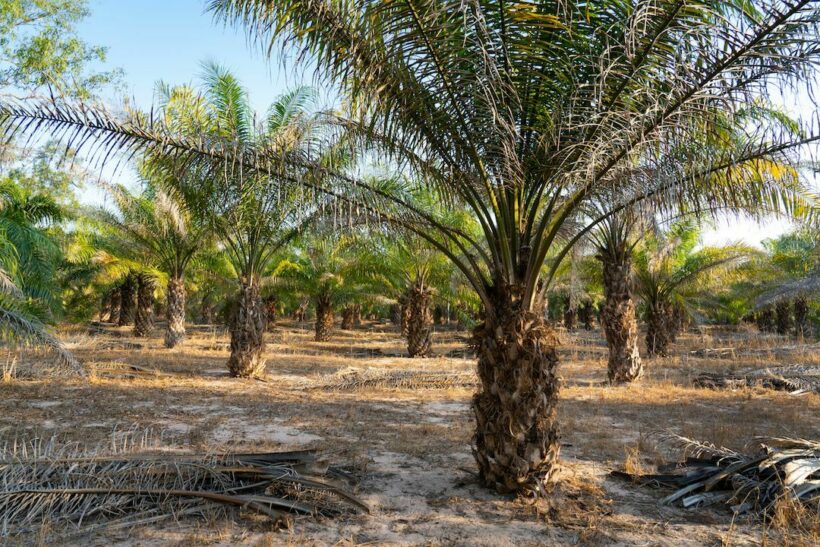Amidst Indonesia palm oil crisis, farmers support export ban

Amidst an ongoing surge in the crude price of palm oil, Indonesian farmers support the country’s palm oil ban set to begin on April 28. While some politicians have criticized the ban, Indonesia’s Oil Palm Farmers Union said today that the ban is a “temporary ban” necessary for supply and affordability of cooking oil in the domestic market.
Last month, cooking oil ‘mafias’ formed in Indonesia due to the country’s shortage on the product. The Russia-Ukraine crisis has impacted the supply of vegetable oil in Indonesia, making palm oil more expensive. In November last year, the global CPO price was about US$1,300 per tonne. Now, it’s US$1,600 per tonne.
After police raided warehouses last month, they found at least three to be hoarding cooking oil in northern Sumatra. Now, the Oil Palm Farmers Union says companies are “forgetting their duty to fullfill domestic needs”.
The export ban has sent soybean oil prices rising by 4.5% to a record high of 83.2 cents per pound on the Chicago Board of Trade. There are concerns that global supplies of alternative vegetable oils are already depleted. The ban could raise costs for packaged food producers globally and force governments to choose between using vegetable oils in food or for biofuel. Indonesia counts for more than half of global palm oil supply.
One palm oil industry association, GAPKI, told Reuters it would follow the policy, but had reservations.
“If this policy has any negative impact on the sustainability of the palm oil sector, we would ask the government to re-evaluate the policy”.
Latest Thailand News
Follow The Thaiger on Google News:


























